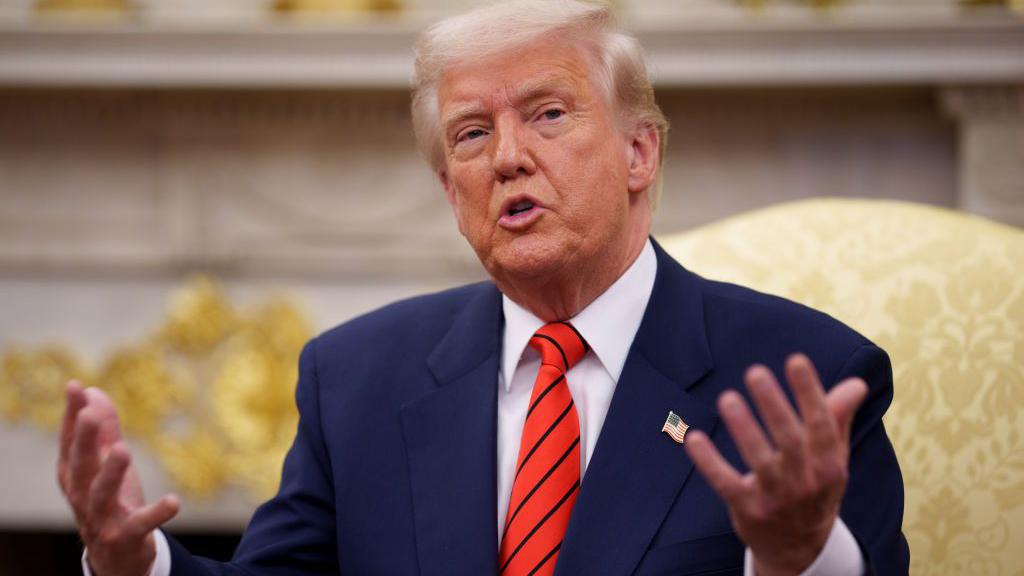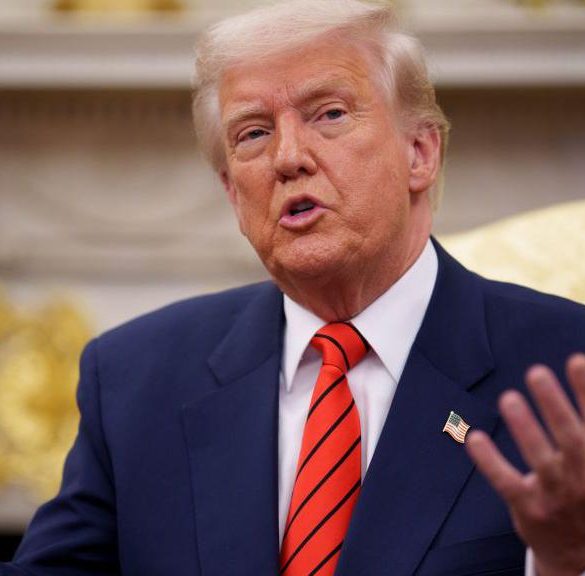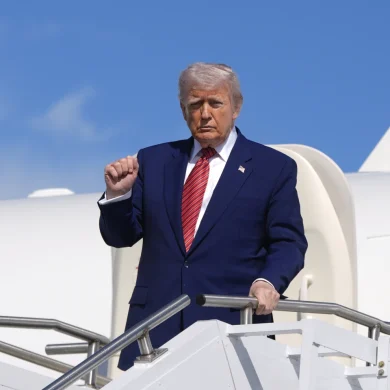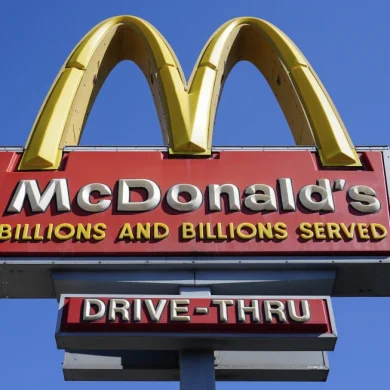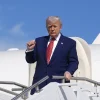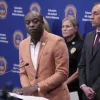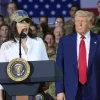Former U.S. President Donald Trump announced that Russia and Ukraine would begin immediate negotiations toward a ceasefire, following his call with Russian President Vladimir Putin. Trump shared this development with Ukrainian President Volodymyr Zelenskiy and key European leaders, including those from the EU, Germany, France, Finland, and Italy.
Trump described the initiative as progress toward ending the war, which has dragged on for over three years. Putin thanked Trump for his support but emphasized that negotiations would be complex and gradual, rather than swift.
European Leaders Push Sanctions While Trump Warns Against Jeopardizing Negotiations
While European leaders responded by preparing new sanctions against Russia to exert pressure, Trump held back, citing the potential to worsen the situation. He suggested that applying sanctions too early could derail delicate negotiations and insisted that he would step away from the process if progress stalled.
European allies, however, appeared frustrated by his reluctance to take stronger action against Moscow. German Chancellor Friedrich Merz and other EU officials signaled the need for firmer responses to Russia’s continued aggression.
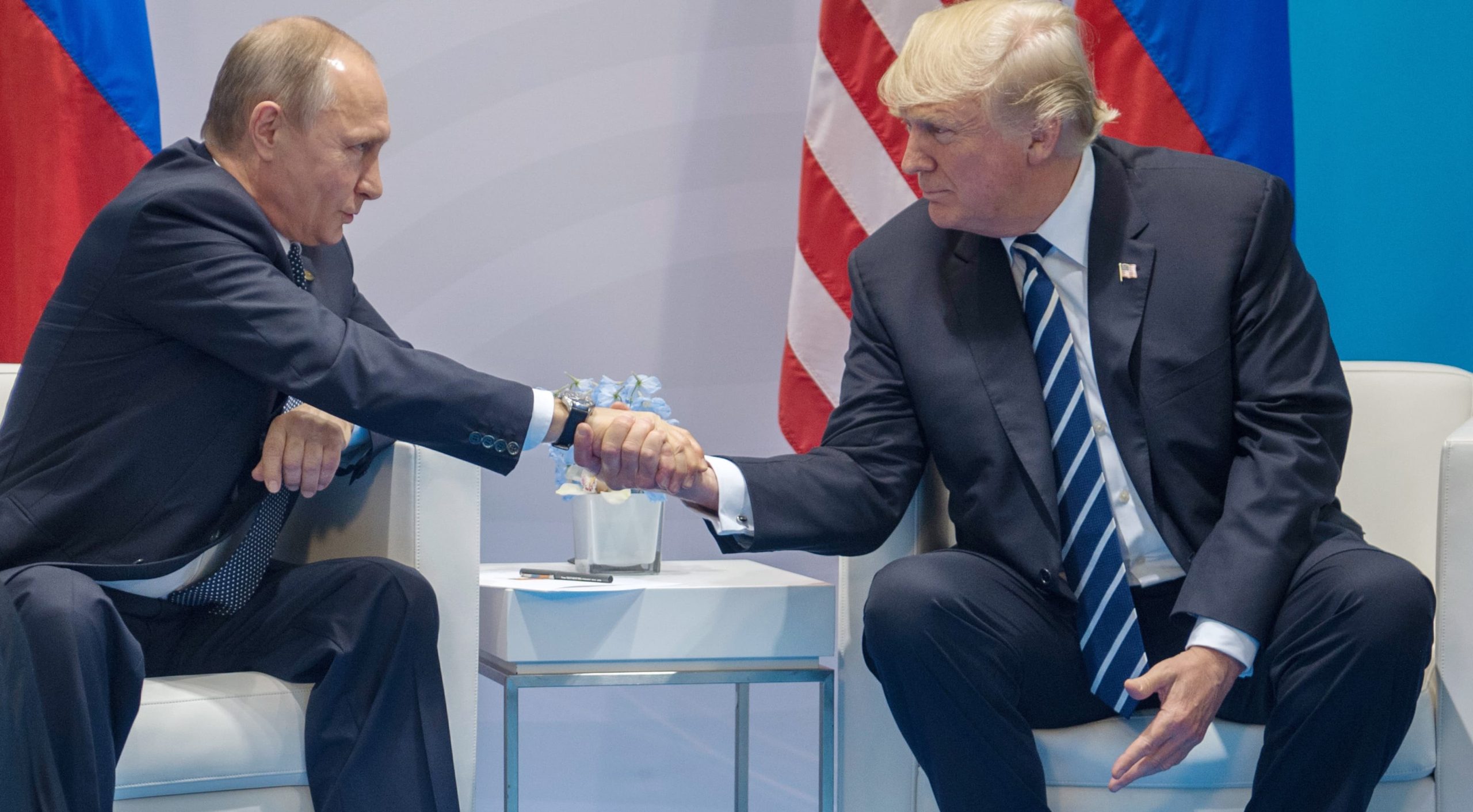
Despite the renewed dialogue, both sides remain far from a formal peace agreement. The Kremlin made it clear that developing a ceasefire memorandum would take time and involve “complex contacts.” No specific timeline for a ceasefire was discussed during Trump’s conversation with Putin, though they also touched on other matters such as a possible prisoner swap. Russian state officials stressed that while progress is desirable, critical details still need to be addressed, and no immediate ceasefire could be expected.
Zelenskiy Proposes Peace Summit as Doubts Grow Over Russia’s True Intentions
Ukrainian President Zelenskiy called for a high-level summit involving Ukraine, Russia, the U.S., EU nations, and Britain to accelerate peace efforts. He mentioned potential hosts like Turkey, Switzerland, or the Vatican. Trump, in turn, said that Pope Leo expressed interest in hosting the negotiations, though the Vatican has not confirmed this. The Kremlin welcomed the idea of involving the Vatican but stated that no location had been finalized for any future meetings between the key parties.
Observers remain cautious about Russia’s sincerity in pursuing peace. Former Swedish Prime Minister Carl Bildt and others suggested that Putin may be using negotiations to delay further sanctions while continuing military operations.
Despite calls from Ukraine and its allies for a ceasefire, Putin has maintained his demands, including the withdrawal of Ukrainian forces from Russian-occupied regions. With Russia holding significant territory and advancing, and Trump reluctant to apply new pressure, doubts linger over whether the proposed negotiations will yield meaningful results.

